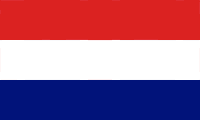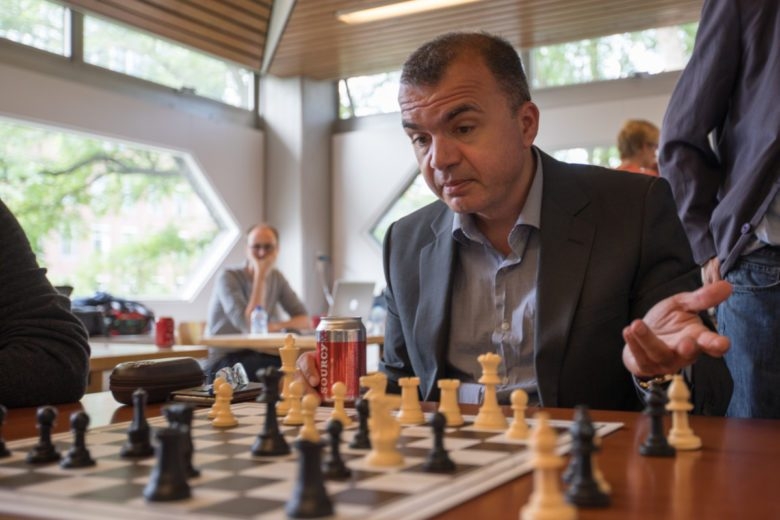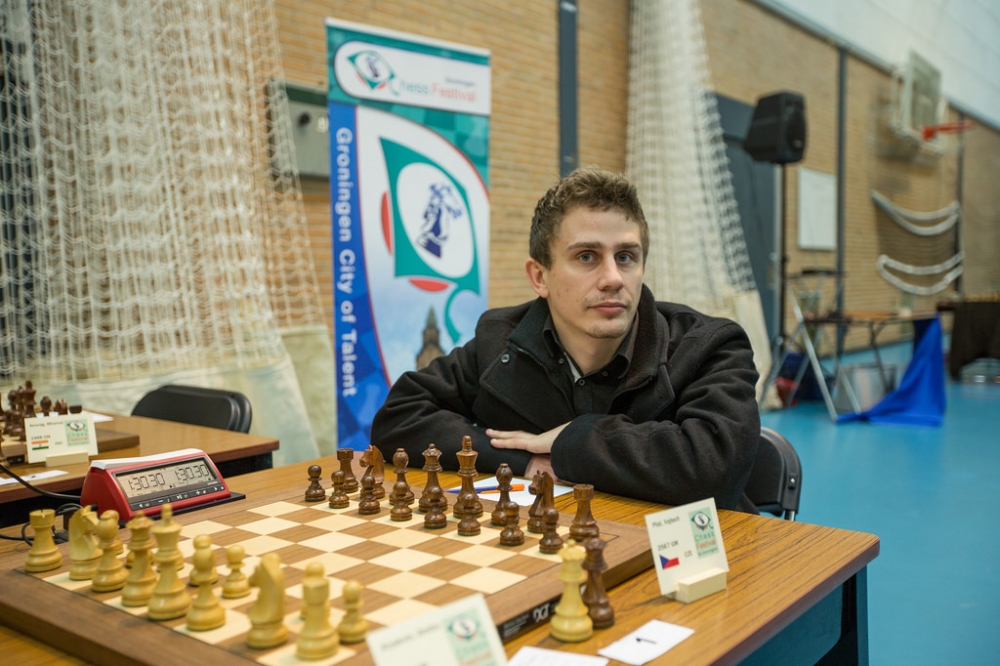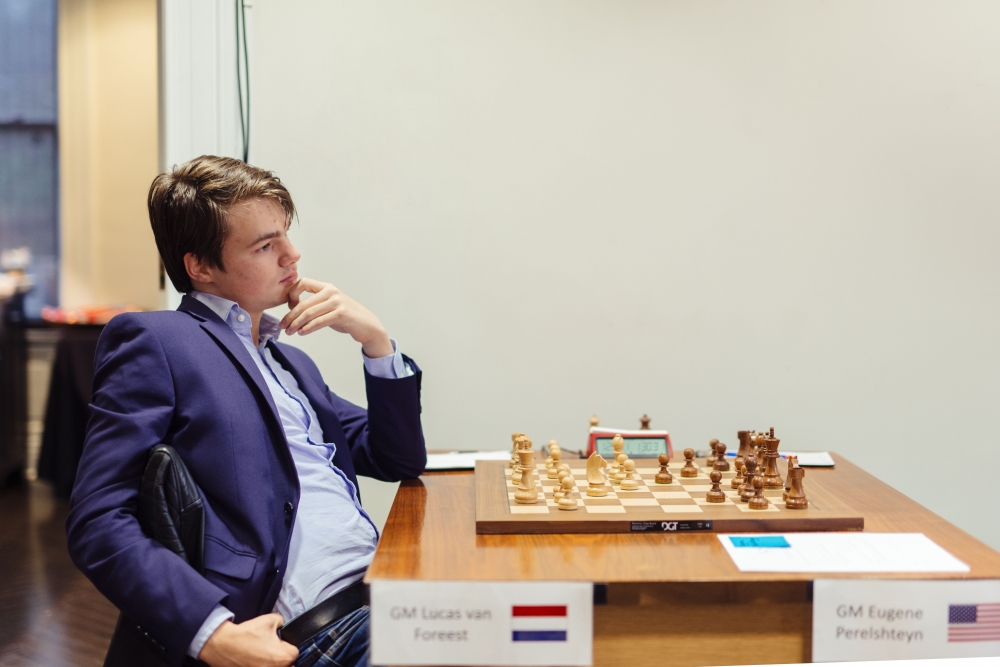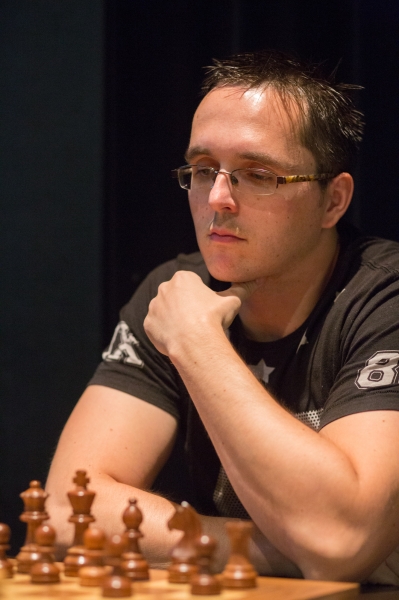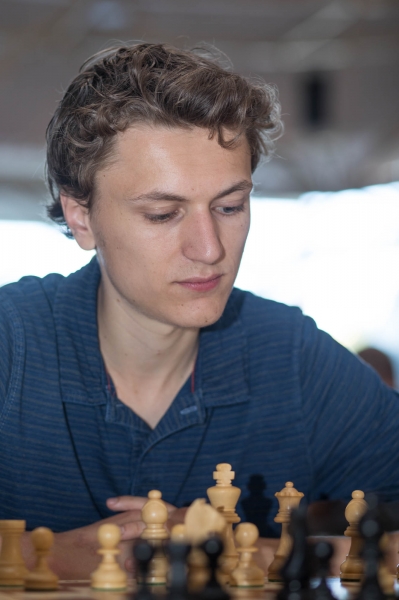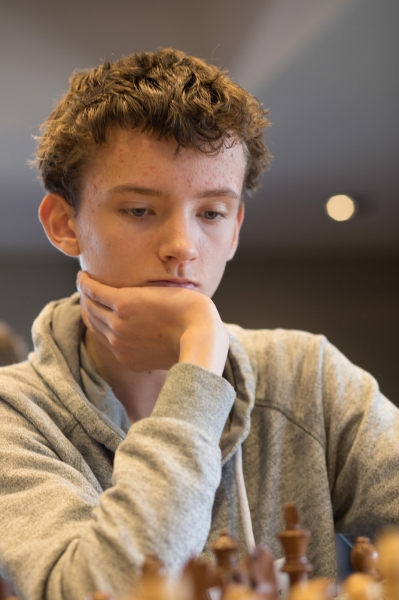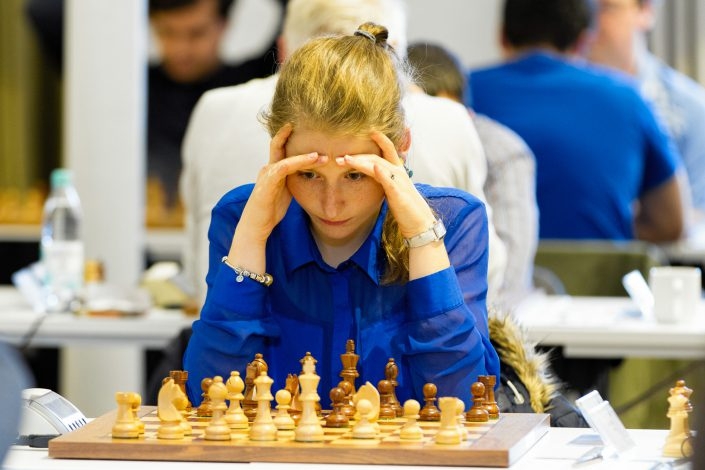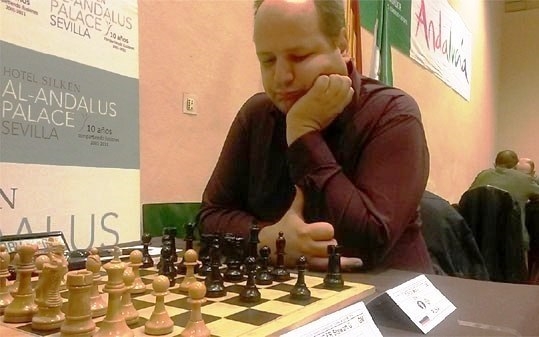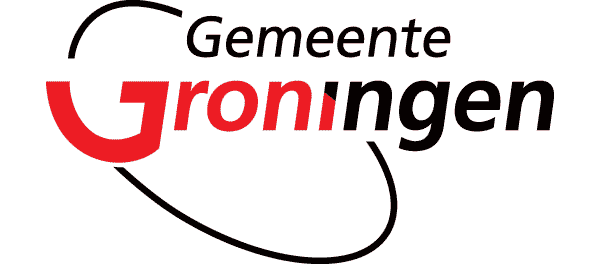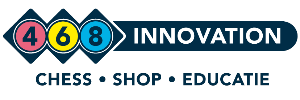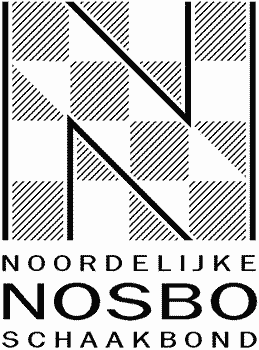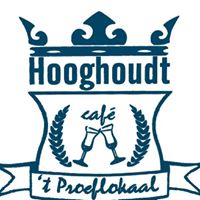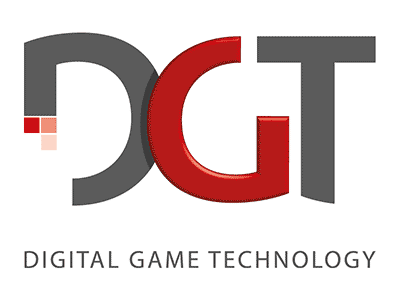Meet the players - Michal Krasenkow
Michal Krasenkow is a Polish Grandmaster, who's active in quite some chess related fields: coaching, writing and of course as a player. The Russian born Krasenkow also is a master in applied mathematics. As a trainer he worked for youth prodigies, countries as Poland and Turkey, and even Viswanathan Anand. He is a prolific chess author and an opening expert of e.g. the King's Indian, the Sveshnikov, and the Open Spanish. Fun fact: another of his main contributions to theory is a line in the English Opening that has no universally accepted name, but is most of the time referred at as the Groningen Attack: 1.Nf3 Nf6 2.c4 e6 3.Nc3 Bb4 4.g4!?. Krasenkow also insists on the name Groningen Attack, because it was first played at the FIDE World Championship in Groningen (1997), first in the play-off (rapid) game Zviagintsev-Benjamin, and on the next day in Krasenkow's classical game against Gildardo Garcia. It's a line that's adopted by many of the world's elite ever since, e.g. Hikaru Nakamura and Magnus Carlsen. Krasenkow won many tournaments, a list too long to mention here, mostly in the aggressive, attacking style his chess is known for. However, he calls his best result the 5th round in the already mentioned, extremely strong World Championship in Groningen. Ever since he often competes here in Groningen, together with his wife Ilena Krasenkova.
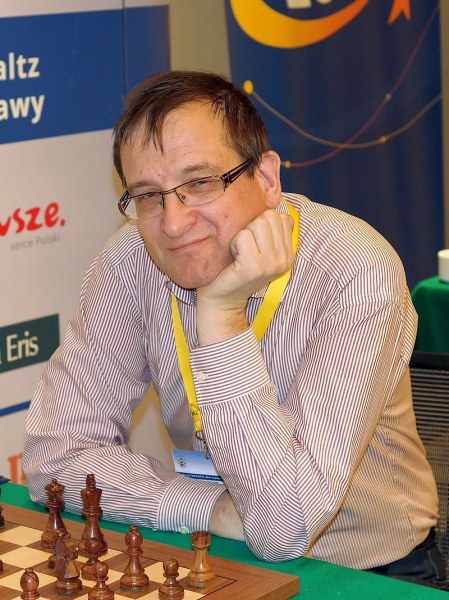
If you wouldn't play chess, in what sport you would (want to) be a professional? And of all professions?
I can't imagine myself a professional in any other sport :-). Of other professions - perhaps I could be a historian.
According to you, how big is the factor luck in chess?
I think as big as in the life as a whole.
